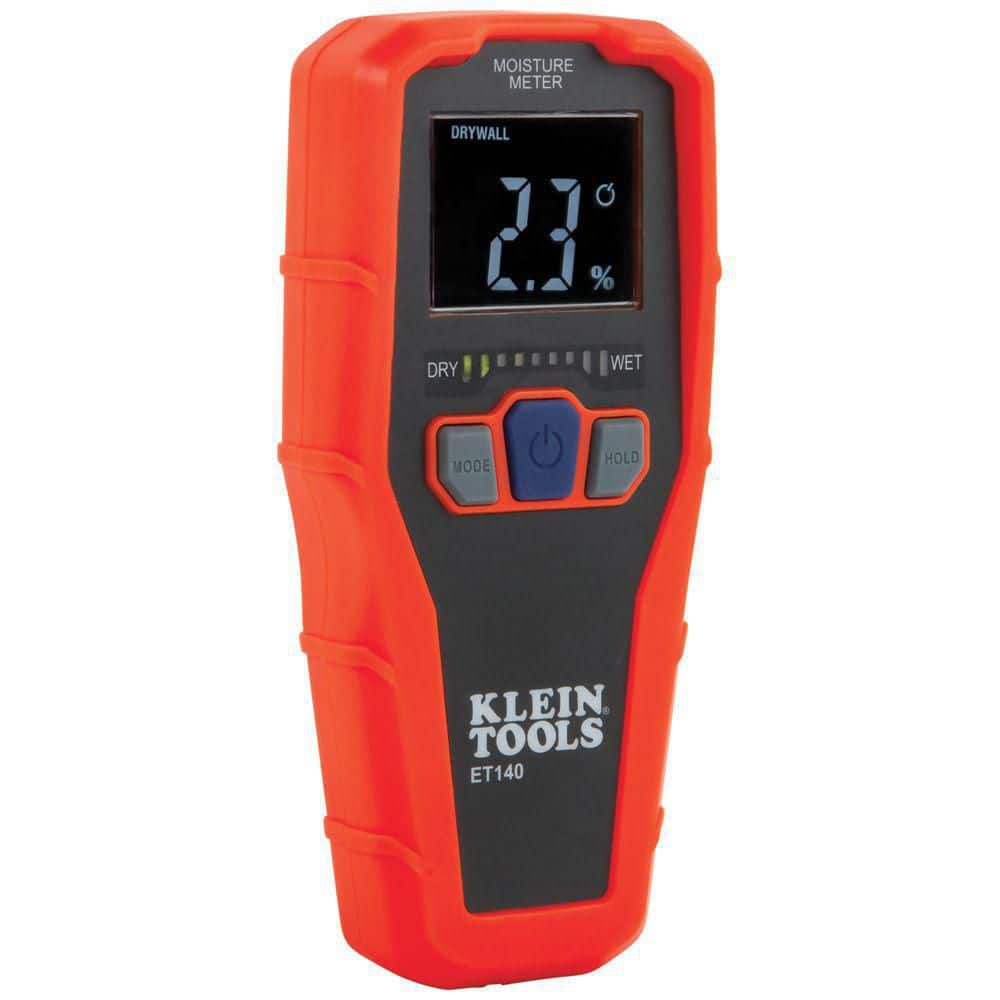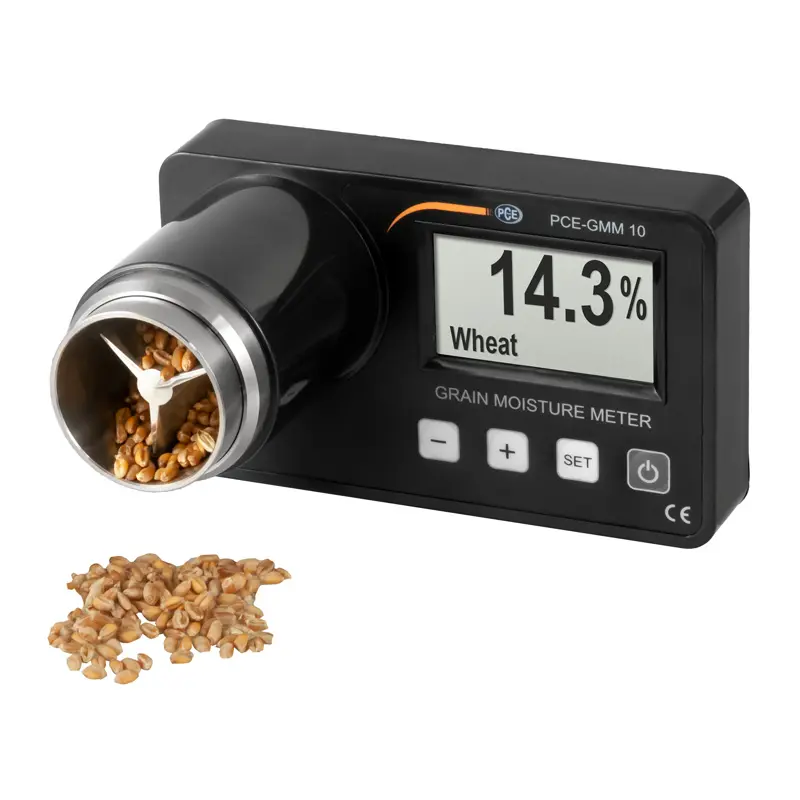Exactly How a Moisture Meter Can Help You Maintain Optimal Conditions in Your Home or Workplace
Exactly How a Moisture Meter Can Help You Maintain Optimal Conditions in Your Home or Workplace
Blog Article
The Ultimate Guide to Moisture Meters: A Comprehensive Overview and Just How They Can Conserve You Money
In the realm of structure upkeep, building and construction, and numerous markets, the significance of accurately gauging wetness levels can not be overstated. Dampness meters function as important tools in spotting and monitoring moisture web content in materials, aiding in protecting against expensive damages and making certain the high quality of products. Recognizing the nuances of various kinds of moisture meters, their applications, and the possible cost-saving benefits they use can be a game-changer for services and professionals alike. Uncovering exactly how these tools can not only simplify processes yet likewise add to financial cost savings is a journey worth starting.
Kinds Of Moisture Meters
One common kind is the pin-type dampness meter, which measures the electrical resistance in between 2 pins inserted into a product. Pinless moisture meters, on the other hand, use electromagnetic sensor plates to check a bigger location without creating damages to the product's surface.
Infrared wetness meters determine the thermal buildings of a product to determine its moisture content non-invasively, making them valuable for applications where pin or pinless meters might not be ideal. Understanding the different kinds of wetness meters available can aid sectors select the most suitable tool for their details wetness measurement demands.

Benefits of Using Moisture Meters

Moreover, using dampness meters can lead to enhanced energy performance. In agricultural settings, dampness meters play an essential duty in maximizing plant yields by allowing farmers to keep track of soil dampness degrees and make notified irrigation choices.
How to Choose the Right Moisture Meter
Selecting the appropriate moisture meter entails taking into consideration vital variables such as material compatibility, measurement array, and calibration accuracy. When choosing a dampness meter, it's vital to make sure that the meter is appropriate for the specific product you will be screening. Different materials have differing electrical buildings that can impact wetness analyses, so choosing a meter designed for your product is vital for precise outcomes. Additionally, take into consideration the dimension variety of the moisture meter. Make certain that the meter can identify wetness degrees within the variety required for your applications. Calibration accuracy is an additional essential variable to bear in mind (Moisture Meter). Select a moisture meter with dependable calibration to ensure exact and consistent readings. Some meters might need periodic calibration modifications, so recognizing the calibration process is essential. By carefully assessing these variables, you can choose a wetness meter that satisfies your demands and provides accurate wetness dimensions for your tasks.
Correct Techniques for Moisture Meter Usage
To ensure accurate wetness analyses and maximize the efficiency of a moisture meter, employing proper techniques is important. When using a pin-type dampness meter, place the pins or probes into the material being tested until they make complete get in touch with. By useful site adhering to these appropriate techniques, individuals can check my blog count on their wetness meter to give credible dampness levels, helping in preventing pricey damage or making sure quality in different applications.

Expense Savings Via Moisture Meter Applications
How can the tactical utilization of dampness meters result in significant price savings across various sectors? Moisture meters play a vital role in expense financial savings by preventing prospective damages and ensuring quality assurance in various sectors. In the agriculture market, dampness meters aid in figuring out the optimum time for harvesting crops, protecting against over-drying or excess wetness that can influence the end product's high quality. This specific surveillance assists farmers stay clear of unnecessary losses and optimize their return.

In addition, in the food handling sector, dampness meters are crucial for checking item top quality and ensuring conformity with safety and security laws. By properly gauging wetness material in foodstuff, makers can stop wasting, preserve quality, and minimize waste, leading to considerable expense savings. In general, the tactical application of wetness meters is a beneficial financial investment that can result in significant expense decreases and enhanced effectiveness throughout numerous sectors.
Conclusion
In verdict, moisture meters are useful devices for determining and finding moisture levels in numerous materials. By using the appropriate wetness meter and following appropriate methods, customers can efficiently protect against costly damages triggered by excess dampness.
Dampness meters serve as crucial tools in discovering and checking moisture content in materials, assisting in preventing expensive problems and ensuring the high quality of items. Infrared wetness meters gauge the thermal residential properties of a product to establish its moisture web content non-invasively, making them useful for applications where pin or pinless meters may not be ideal.Moisture meters provide indispensable advantages in properly keeping an eye on i loved this and analyzing dampness degrees in varied products and atmospheres. In agricultural settings, moisture meters play an essential role in optimizing plant returns by allowing farmers to keep an eye on soil moisture degrees and make educated watering decisions.In conclusion, moisture meters are beneficial devices for determining and spotting moisture degrees in different materials.
Report this page